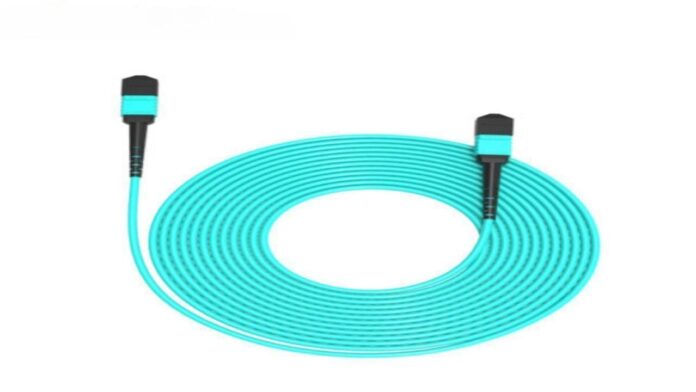In the realm of data center and high-speed network infrastructure, Multi-Fiber Push On (MPO) trunk cables have gained significant traction for their capacity to enable quick, reliable data transmission. However, just like any technology, they come with their own set of advantages and disadvantages. This article seeks to provide an in-depth analysis of the pros and cons of implementing MPO trunk cables, offering insights for those planning their network infrastructure. Go now to learn more!
Pros of MPO Trunk Cables
Increased Data Transfer Speeds
One of the most compelling advantages of MPO trunk cables is their ability to facilitate increased data transfer speeds. By incorporating multiple fiber optic strands into a single cable, MPO trunk cables enable simultaneous transmission of multiple data channels. This results in dramatically enhanced network performance, particularly beneficial in data centers and other environments where high-speed data transmission is essential.
Higher Density and Compact Design
MPO trunk cables are known for their higher density and compact design. A single MPO cable can contain up to 72 fibers, replacing the need for multiple traditional cables and thus saving a substantial amount of space. This compact design simplifies cable management, reducing clutter, and making it easier to organize and identify individual cables within a network.
Compatibility with Various Network Applications and Protocols
MPO trunk cables offer broad compatibility with a variety of network applications and protocols. They’re particularly suited to systems operating at 10G, 40G, or even 100G data rates, making them versatile for use in many network environments. They’re also compatible with both single-mode and multimode fiber types, adding to their adaptability.
Cons of MPO Trunk Cables
Initial Setup Cost and Investment in Specialized Equipment
While MPO trunk cables offer numerous advantages, they’re not without their drawbacks. One of the significant cons is the initial setup cost. Given the high-density nature of these cables, the initial investment in specialized equipment, including specific connector cleaning tools and inspection equipment, can be substantial.
Limited Flexibility for Future Network Expansions
Although MPO trunk cables are modular, their high-density design may limit flexibility for future network expansions. If an increase in network capacity is required, it may not be as simple as adding or replacing single fibers. Instead, an entire new MPO cable might be necessary, potentially leading to higher costs and more complex cable management.
Higher Susceptibility to Damage During Installation or Maintenance
The compact, high-density nature of MPO trunk cables also means they can be more susceptible to damage during installation or maintenance. Any mishandling can affect the performance of all fibers within the cable. Thus, proper handling, installation, and maintenance practices are crucial to maintain optimal performance.
Comparative Analysis
Like any technology, the use of MPO trunk cables requires a balanced evaluation of their pros and cons. While they offer significant benefits such as high data transfer rates, efficient cable management, and broad compatibility, the initial setup costs, potential limitations for network expansion, and increased susceptibility to damage should not be overlooked. The decision to implement MPO trunk cables should be based on a thorough understanding of both the advantages and the drawbacks, factoring in specific network requirements and future expansion plans.
Conclusion
MPO trunk cables, with their capacity for high-speed, high-density data transmission, have much to offer in modern network infrastructures. However, it’s crucial to consider both the pros and cons before committing to their implementation. The right connectivity solution will depend on the specific needs and resources of your network. Armed with this comprehensive understanding, network planners and managers can make informed decisions that ensure efficient, reliable data transmission tailored to their specific requirements.













